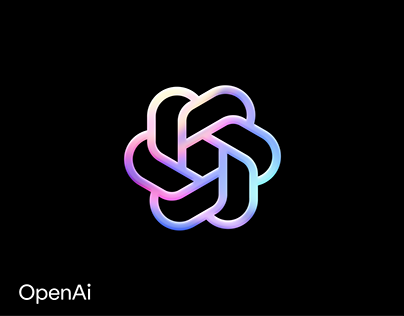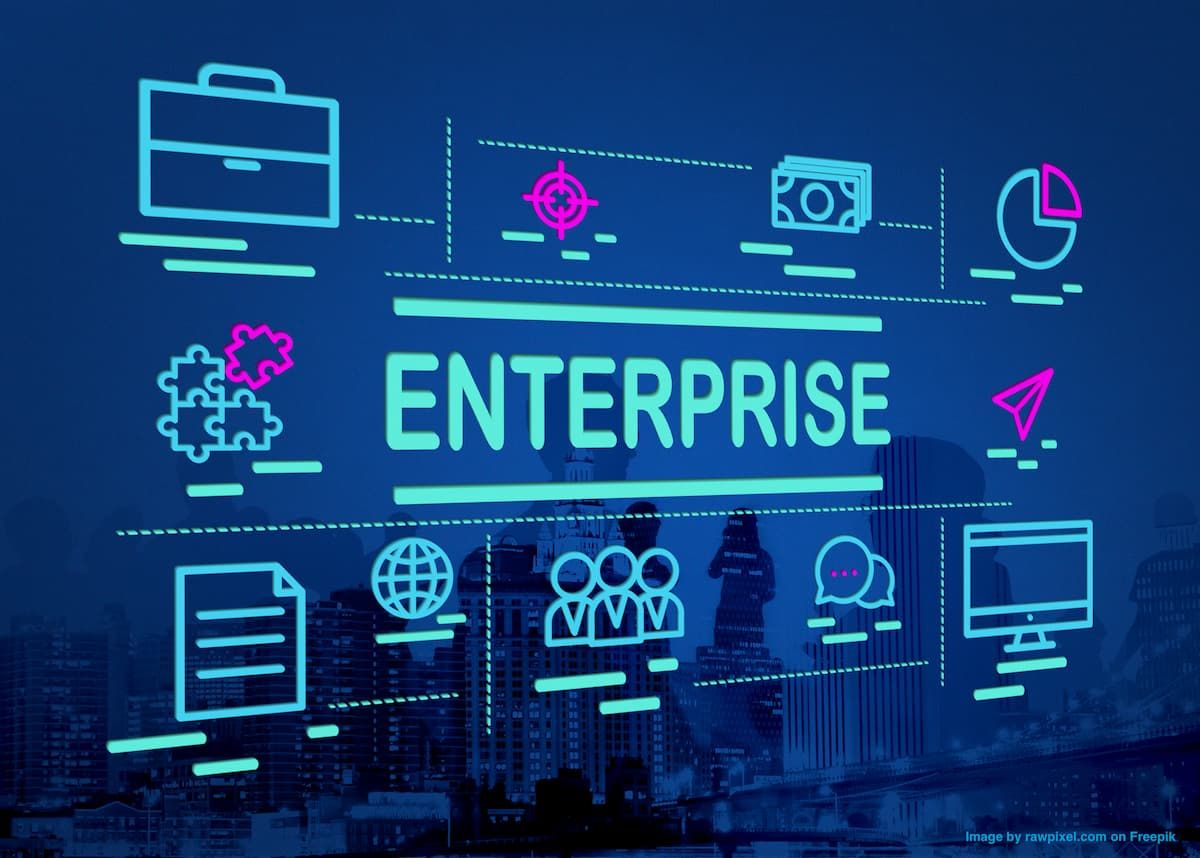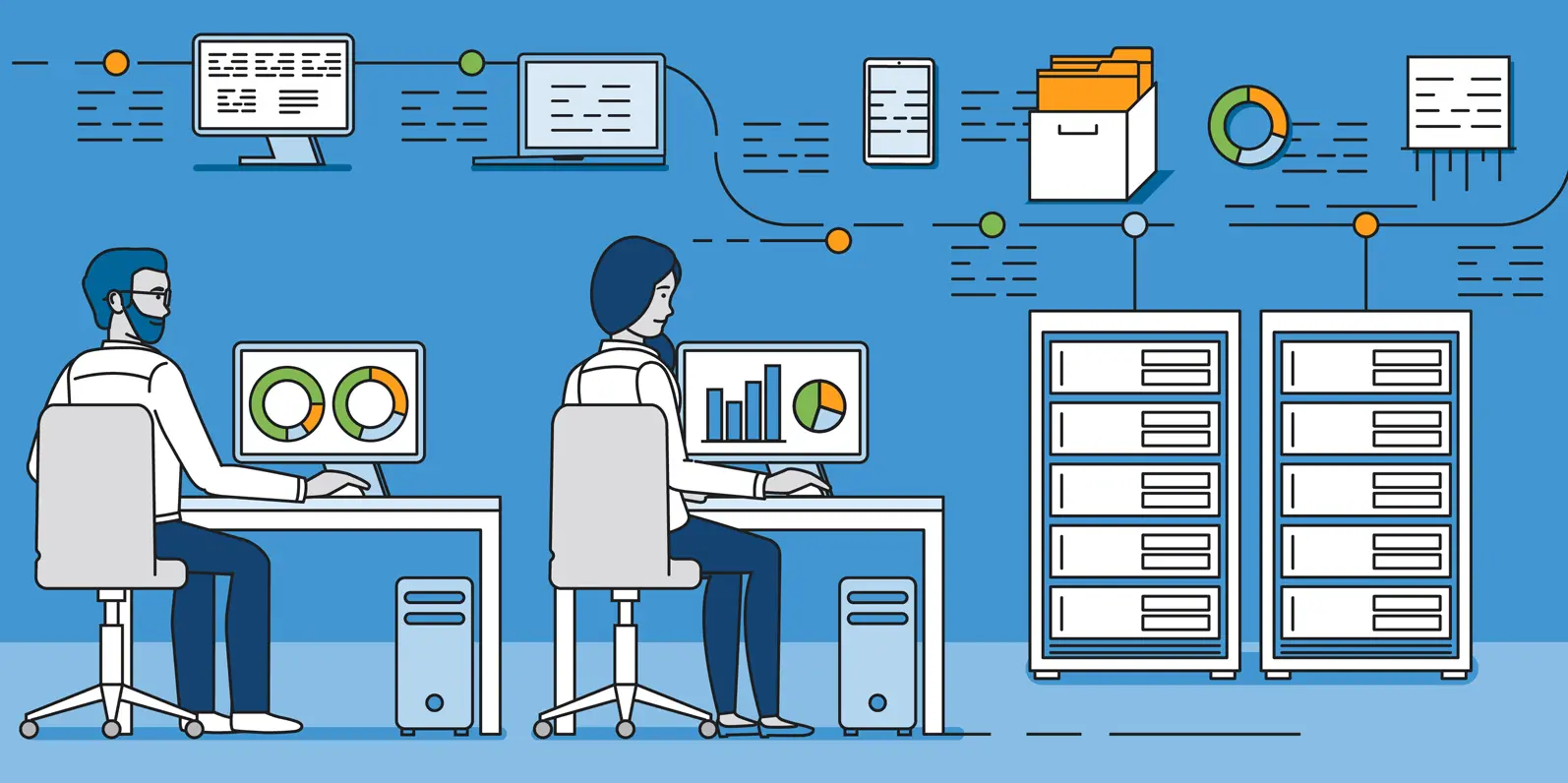In this post, part of the Enterprise Gen AI series, we will cover the generic architecture and the layers for people to choose from to implement their use cases.
Generic Gen AI Architecture includes the following layers.
- Application Layer
- Model Layer
- Infrastructure Layer
Let’s talk a little in detail about each layer.
Application Layer
This is the layer where the user will interface with the machine(s). This layer can take care of the usual mumbo jumbo of authentication and authorization, user profile, etc, and then have the interface where the user’s first interaction with the machine happens.
These machines are nothing but the AI models. There are two types of models. They are proprietary ones and pre-configured ones.
End-to-end using proprietary models
‘End-to-end apps using proprietary generative AI models are becoming increasingly popular.
These software applications incorporate generative AI models into a user-facing product.
They are responsible for all aspects of the generative AI pipeline, including data collection, model training, inference, and deployment to production.
The proprietary generative AI models used in these apps are developed and owned by a company or organization, typically protected by intellectual property rights and not publicly available.
Instead, they are made available to customers as part of a software product or service.’
Apps without proprietary models
Developers and companies use existing open-source frameworks and libraries and customize the applications to meet their specific needs.
- There are cloud and downloadable models available.
- We can also use a mix of the 2, cloud and downloadable for on-prem implementations.
- We will have a table at the end to list the different models available
Model Layer
There are three different types of models available here for us to consider. We will choose which model to use based on what we are trying to implement here. The three models are
- General AI Models
- Specific AI Models
- Hyperlocal AI Models
General:
Tries to replicate human-like thinking and decision-making
Not necessarily designed to tackle and solve specific problems, trained more to think like a human and be more flexible and adaptable.
Example: GPT-3, DALL-E-2, and Whisper for text, images, and voice, respectively.
- It can automate tasks that humans usually perform.
- Can generate very accurate predictions and perform much more complex tasks as well
Specific:
Domain-specific AI models, generally designed to excel in a particular task
Trained on precise and relevant data
- A model trained in e-commerce photos would deeply understand what attributes make an e-commerce photo effective and what would not.
- Song lyric-generating AI models are trained on the requisite data.
Hyperlocal:
Proprietary data, unparalleled levels of accuracy and precision
A more precise version of a specific AI model because of the data that it has been trained on.
Infrastructure Layer
A critical component that contains hardware and software components necessary for creating and training AI models.
Hardware components:
GPUs (graphics processing unit) or TPUs (Tensor processing unit) to perform complex computations required for AU training and inference.
Software Components:
Frameworks like tensorflow and pytorch offer tools for developing custom generative AI models.
Other components, such as data management, visualization, and deployment tools, are critical software components.
Cloud computing services can also be part of the infrastructure layer, providing organizations instant access to many computing resources and storage capacity. Help in scalability as well.

I will talk more in my next post.




